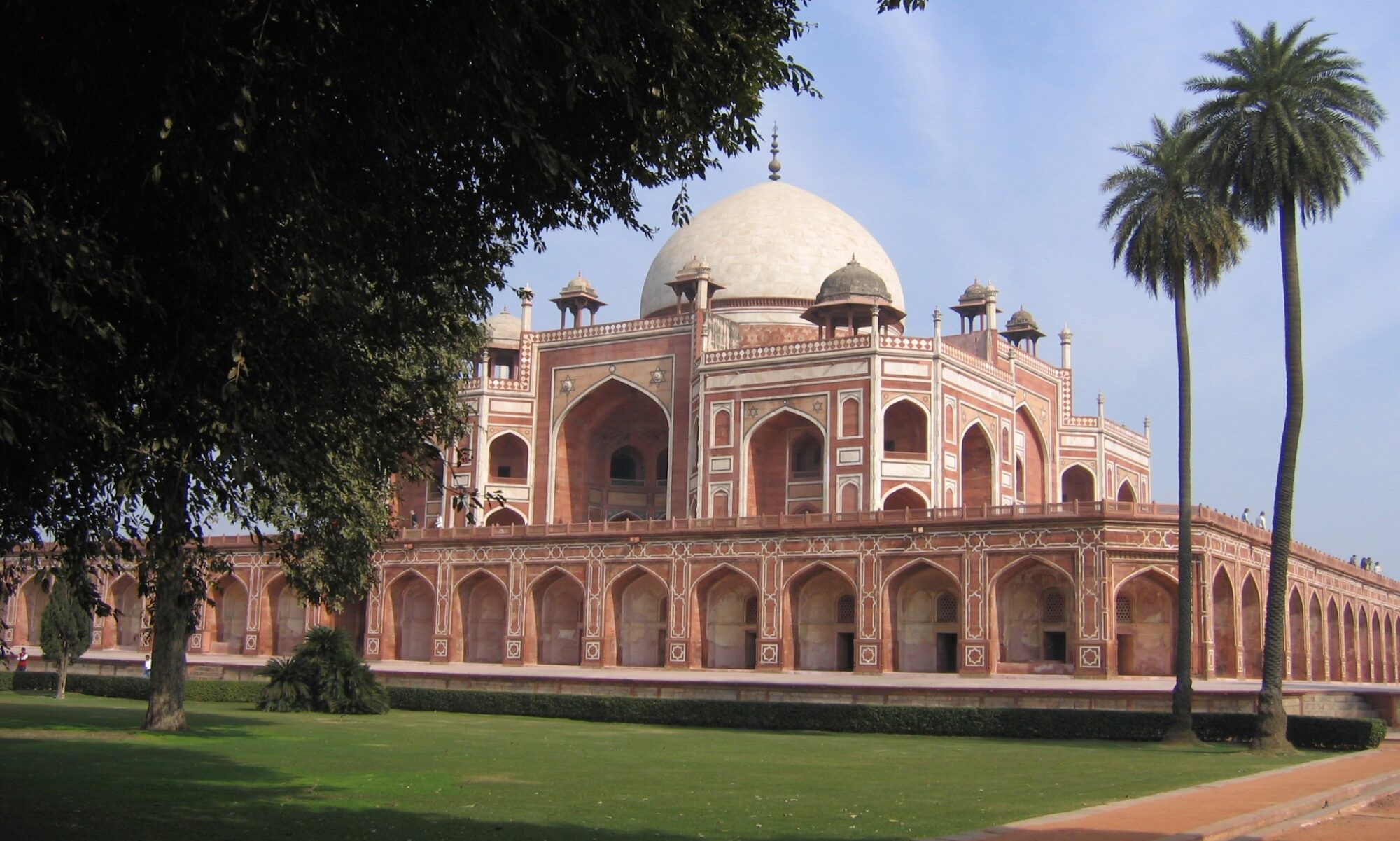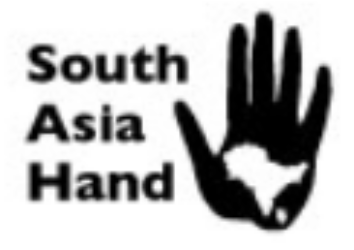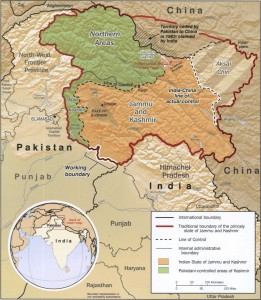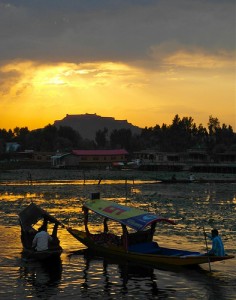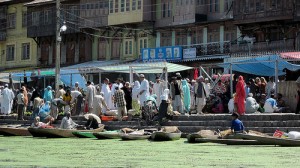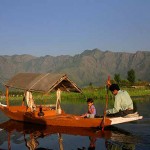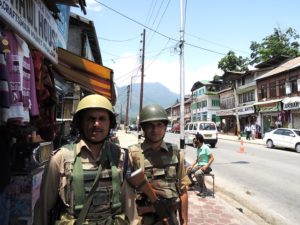
August 8, 2019: On August 6, the Indian government abolished the special status and limited autonomy Jammu and Kashmir had enjoyed since soon after India became independent. The action was generally popular in India, but was greeted with shock and anger among Kashmiri muslims and in Pakistan. This article gives you my take on this recent action.
But we also offer a look back. As many of my readers know, Howard Schaffer tracked developments in Kashmir for much of his long Foreign Service career. The account he gave of his first trip to the Kashmir valley in 1964, linked here from the Web site of the Association for Diplomatic Studies and Training, is fascinating in light of the subsequent history. Continue reading “Kashmir: Upheaval…and looking back”
